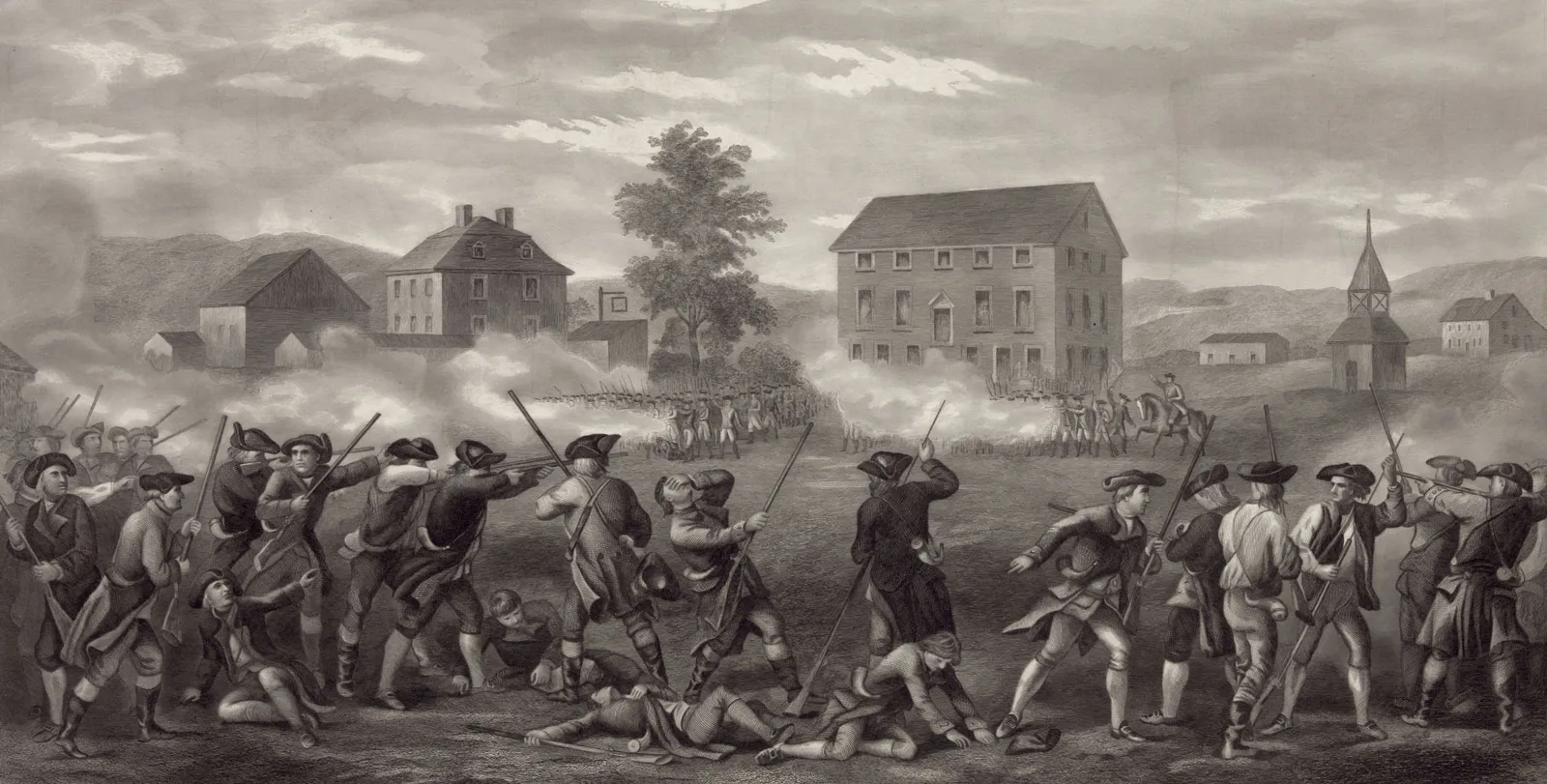Paramilitary organizations, often referred to as paramilitia, have become an integral part of the modern global conflict landscape. Existing in the twilight zone between formal armed forces and unlawful armed groups, these semi-militarized forces are having far-reaching impacts on global security, politics, and human rights. Let’s delve into the strategies, implications, challenges, and potential usefulness of paramilitaries in our contemporary world.
Strategies.
Paramilitia strategies often mirror those of formal military entities but are usually adapted to their unique contexts. Some paramilitaries employ guerrilla tactics, utilizing the element of surprise and in-depth knowledge of local terrain to their advantage. Others may adopt a more conventional stance, holding ground, and performing functions akin to a regular army. In many cases, paramilitaries integrate themselves into local communities, which can provide them with cover, support, and recruitment possibilities.
Implications.
The implications of paramilitary activity are significant and far-reaching. Paramilitaries can destabilize regions, contribute to prolonged conflicts, and commit serious human rights abuses. On a global scale, they can fuel refugee crises, facilitate illicit trade (including in drugs and arms), and in some cases, provide a breeding ground for international terrorism. On the other hand, paramilitaries can also serve as significant power brokers, wielding influence at local, regional, and even national levels.
Challenges.
Contending with paramilitaries poses several key challenges. Their often-fluid nature can make them difficult to counteract with traditional military tactics. Their deep community ties can make it problematic for external forces to isolate them without causing civilian harm. Further, their existence often reflects deeper societal issues, such as economic disparity or political disenfranchisement, which cannot be resolved by military means alone. Lastly, as they often operate outside international law, holding them accountable for their actions can be complex.
Usefulness For Certain Governments.
Notwithstanding the significant challenges and issues associated with paramilitaries, certain governments might find them useful. They can serve as a cost-effective means of bolstering military capacity, particularly in areas where formal military deployment is logistically difficult or politically sensitive. They can provide plausible deniability for states wishing to exert influence without openly violating international law. In some cases, states may even use paramilitaries to suppress internal dissent or opposition, thereby preserving the existing political order.
However, these perceived benefits often come at a substantial cost. Paramilitaries’ lack of formal training and accountability can lead to serious abuses and may further exacerbate societal tensions. In the long run, they may become a liability for the very governments they were intended to serve, as they can potentially turn their arms against the state if their interests diverge.
As we stand on the precipice of an uncertain global future, understanding the role of paramilitaries in shaping conflict landscapes is more critical than ever. Navigating the treacherous waters of paramilitary involvement requires astute geopolitical understanding, effective strategizing, and a firm commitment to uphold human rights and international law. As the world grows ever more interconnected, the actions of these shadowy entities are casting long ripples across the globe, touching us all in ways both seen and unseen.












